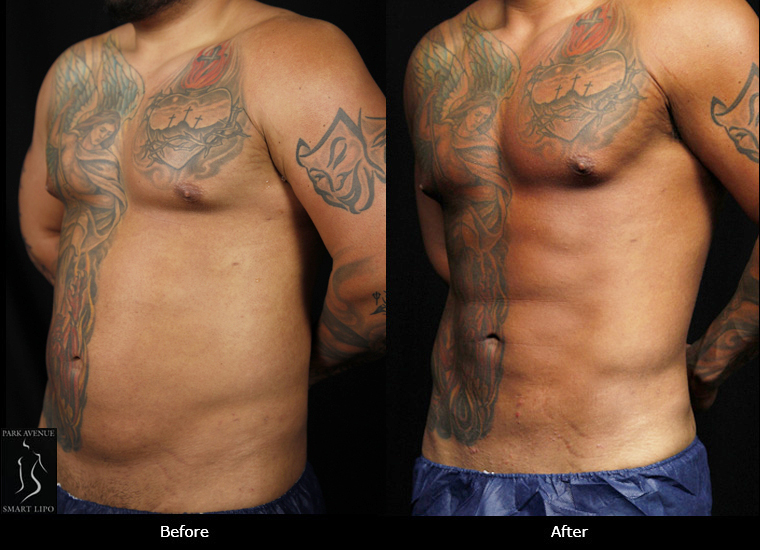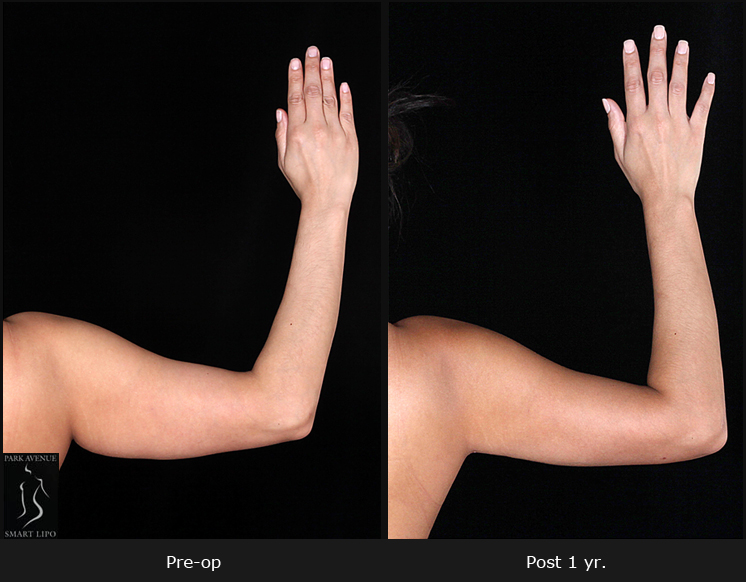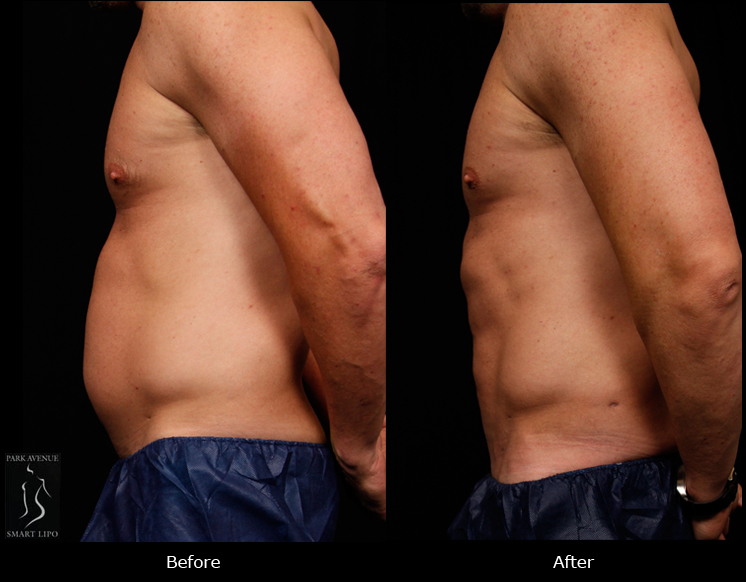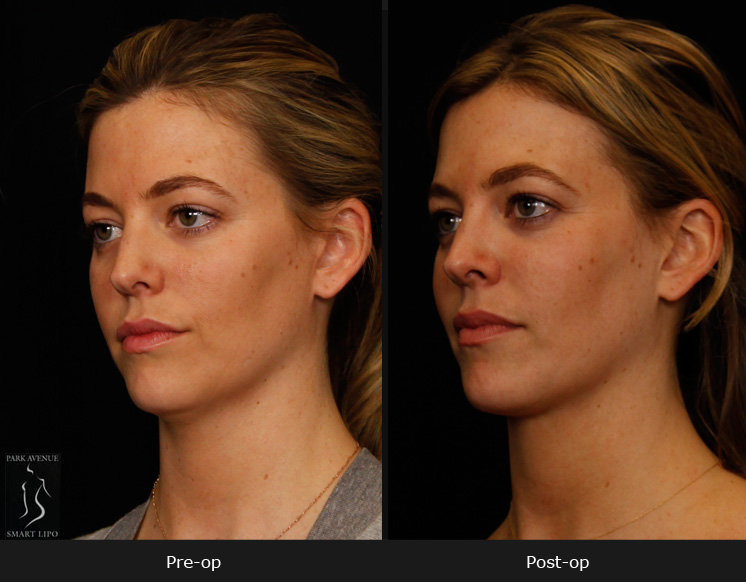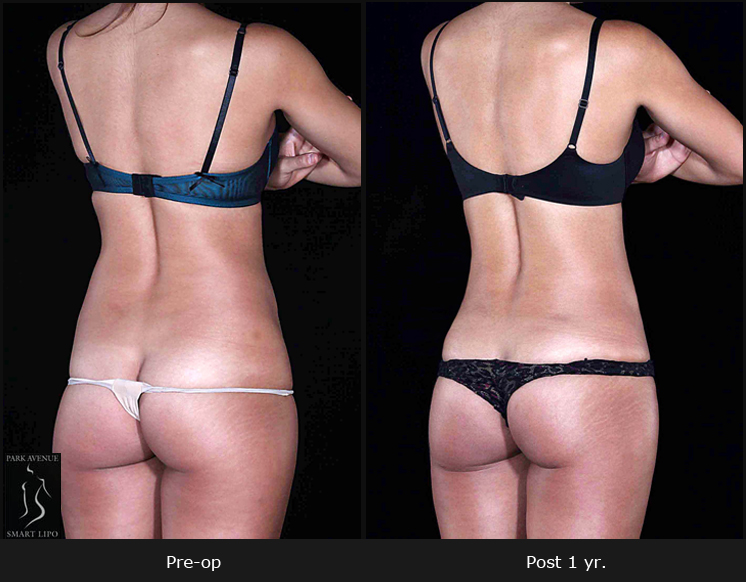Liposuction surgery is one of the most widely performed cosmetic surgery procedures. It helps contour desired areas by getting rid of unwanted fat deposits and loose skin. The chin, neck, cheeks, upper arms, breasts, abdomen, buttocks, hips, thighs, knees, calves, and ankle areas can be effectively treated with liposuction.
Liposuction can be performed in an office-based facility, a surgery center on an outpatient basis, or in a hospital. Good post-operative care is crucial for a safe and speedy recovery. Here are some important instructions that need to be strictly followed
- On the day of surgery, it is advisable to have someone drive you home.
- You can resume your normal diet if you have had the procedure with local anesthesia as with laser liposuction. In any case, stick to a healthy diet to keep yourself fit and drink plenty of water in the food to avoid dehydration.
- Avoid drinking alcohol and smoking for at least two days before and after the surgery.
- Rest and relax for a few hours after the surgery. Walking as soon as possible after the surgery can help prevent blood clots from forming in your legs. Soreness and fatigue should be expected for a few days. You may be well enough to drive the day after the surgery. More vigorous physical activity, exercise and deskwork can usually be resumed 2 to 4 days post-op.
- You would have to wear a compression garment for several weeks following the surgery to keep pressure in the area, control bleeding, and improve the outcome.
- The morning after surgery, you could experience dizziness – sit down or lie down till the feeling passes. Those who faint at the sight of blood should be prepared. Also, nausea and vomiting could occur due to the medications or anesthesia.
- Incisions should be kept clean and washed gently during bathing.
- Don’t forget to take antibiotics or other medications prescribed by your plastic surgeon.
- Do not take aspirin or ibuprofen or similar NSAIDS (non-steroidal anti-inflammatory drugs) for 3 days after surgery as they can increase bleeding.
- There could be menstrual irregularities for about a month following liposuction surgery.
- Slight temperature elevation, inflammation, swelling, bruising, numbness, tingling pain and itching are likely consequences, which are minimized with the post-op care provided at a reliable plastic surgery center.
It is up to you to choose a cosmetic surgeon who is trained and experienced in latest liposuction techniques. A professional plastic surgeon always makes sure that patients are well informed about the risks and benefits involved in liposuction surgery. This helps them take an informed decision. The right surgeon would also be able to respond to complications that may occur during and after the surgery. Having your procedure in an AAAASF-accredited surgical center can ensure safety and best practices.

